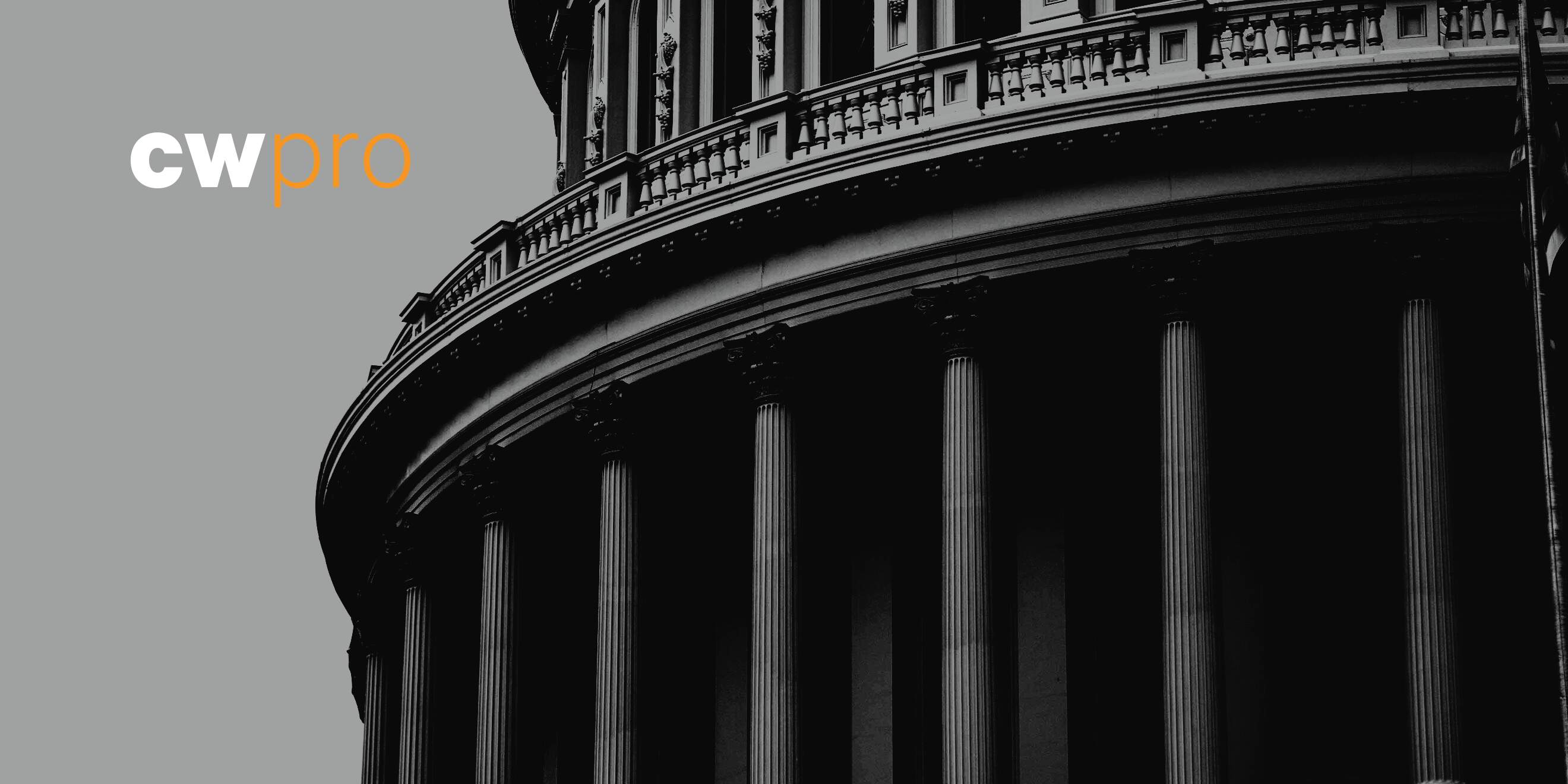At a glance.
- China to add cyber espionage to its Counter-Espionage Law.
- Washington state to establish a Cybersecurity Advisory Committee.
- Proposed Wisconsin law limits social media access for minors.
China to add cyber espionage to its Counter-Espionage Law.
China’s Standing Committee of the 14th National People's Congress (NPC) will be starting off the week by reviewing the third draft of a Counter-Espionage Law Amendment. The original law was established in 2014, and the amendment‘s goal is to adapt to the modern digital landscape by focusing on the regulation of cyber espionage. As the Global Times explains, the legislation classifies digital activities like cyberattacks and interference targeting government organizations or information infrastructure as espionage. The amendment also states that if a cyberattack takes down critical infrastructure, the related authorities have the power to make decisions to resume information transmission and services in a timely fashion. Zang Tiewei, spokesperson for the Legislative Affairs Commission of the NPCSC, said at a Friday press briefing that in recent years espionage and intelligence activities have grown more complex, expansive, and covert, and the amendment is aimed at addressing these challenges.
Washington state to establish a Cybersecurity Advisory Committee.
The governor of the US state of Washington has signed a senate bill that calls for the creation of a Cybersecurity Advisory Committee focused on creating a plan to combat cyber threats in the Evergreen State, NBC Right Now reports. The committee will serve under the Emergency Management Council, and the Department of Commerce will be granted expanded authority to prepare and update plans to secure state infrastructure. The bill’s sponsor, Senator Matt Boehnke, explains, “Cybersecurity is a challenging problem that will require a serious, committed, consistent, flexible and proactive approach, now and in the years to come. We have to look at our infrastructure, look at how we would respond, what are those contingency plans – how do we close the gaps within our agency plans."
Proposed Wisconsin law limits social media access for minors.
Legislators in the state of Wisconsin are considering a law that would limit teenagers’ social media consumption. Representative David Steffen is sponsoring a bill that would place control of children's social media accounts in the hands of their parents, and it would impose a social media curfew for anyone under eighteen years of age. "We need to start taking a first step at ensuring our children are safe on social media platforms. Right now, they're not," Steffen said, referring to growing concerns that social media can negatively impact children’s mental health and can lead to harassment or even crimes like human trafficking. Steffen plans to gather feedback from parents, teachers, and mental health professionals before formally introducing the legislation, which will be modeled on a law passed last month in Utah. The measure would give parents full access to their children's accounts, and would inactivate the accounts of minors from 10pm to 7am. It would also limit targeted ads shown to minors, and would make it easier for parents to file a legal complaint against a social media company. Wisconsin Public Radio notes that not everyone agrees such legislation is necessary, and some experts say social media can even have a positive impact on social development and creativity. University of Wisconsin-Madison researcher Heather Kerkorian explained, "If we look at individual kids, some kids might benefit a lot from social media, some might be harmed by social media and most of them are not affected much.”
